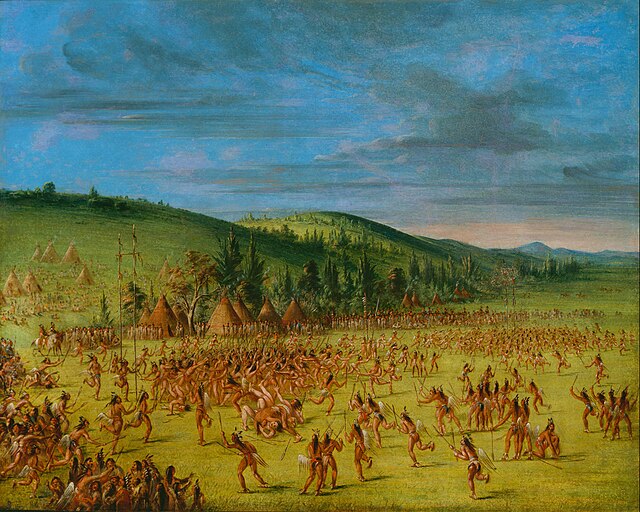Ear piercing cries, Kimjungilia flowers, and a teary, younger version of an infamous dictator — this was the scene that filled the chaotic city of Pyongyang on the day of Kim Jong Il’s funeral.
On Dec. 17, 2011, the “Dear Leader” of North Korea, Kim Jong Il, died from a heart attack that ended his prominent rule of the isolated nation.
On Dec. 19, an emotional anchor on North Korean state television informed its citizens of their leader’s death. The North Korean leader’s frail health had been presumed for some time by North Korean analysts after he failed to attend a parade celebrating North Korea’s 60th anniversary back in 2008, AFP reported. After circulating reports of his search for a successor, the international community began to focus on one young man who was suddenly appointed as a four- star general and vice chairman of the Central Military Commission of the Workers’ Party.
This was none other than Kim Jong Un, the third son of Kim Jong Il and the currently recognized successor of his father.
Very little is known of Kim Jong Un, who is in his late twenties. According to ABC News, he attended an international school in Switzerland using the name “Pak Un” where he was a quiet and unassuming young man. His former classmates recollect the leader’s penchant for basketball, his collection of expensive Nike shoes, and photos of himself taken with Toni Kukoc and Kobe Bryant, reported The Korea Times.
Having been abruptly taken back to Pyongyang without a trace, it was not long before he publicly reappeared beside the military generals and his father.
Dubbed the “Great Successor” and the “Supreme Leader,” Kim Jong Un has been meticulously portrayed as a genius by the North Korean media. A documentary presented on Kim Jong Un’s birthday exalts the young leader by stating he wrote a military strategy thesis at the age of 16 and often skipped meals to study. With North Korea’s history of political propaganda, it is no surprise to other nations that the North Korean media carefully continues to build upon the Kim dynasty’s image and paint an acclaimed portrait of their “Dear Leader’s” son.
Many, such as Nicholas Miller ’07, question Kim Jong Un’s supposed experiences in the military. Miller, an analyst with the Center for Strategic Research and Analysis, mentioned in The Diplomat, that due to Kim Jong Un’s “lack of experience and apparent inability to consolidate power … he will need to look towards his guardians to assist him in securing a stable transition and running the country.”
On the contrary, North Korea emphasizes its sole trust and confidence in the highly qualified young leader. According to the Associated Press, Yang Hyong Sop, a North Korean official, said, “We are not worried a bit … we know that we are being led by comrade Kim Jong Un, who is fully prepared to carry on the heritage created by the great Gen. Kim Jong Il.”
North Korea continues to emphasize their country’s stability and tries to shift away from any uncertainty by boasting that it was “at the epochal point of opening the gates of a thriving country,” reports CBS News.
While some are optimistic about cooperative talks under North Korea’s new leadership, others remain highly dubious of any reform and any hope of transformation.
“Kim Jong Un is a big question mark,” said Robert Duncan, visiting assistant professor of political science. “He’s had a pampered and sheltered life. He’s under the influence of his family, the elites in power, and the military. They are not going to let him do anything wild and crazy.”
In regards to the hysteria of citizens reacting to Kim Jong Il’s death, Duncan does not think we should wholly believe what we see.
“It’s all staged,” he explained. “It’s just like FOX news in this country. They are projecting the image they want everybody to believe and it has no bearing to reality. It’s all propaganda from (North Korea’s) point.”






